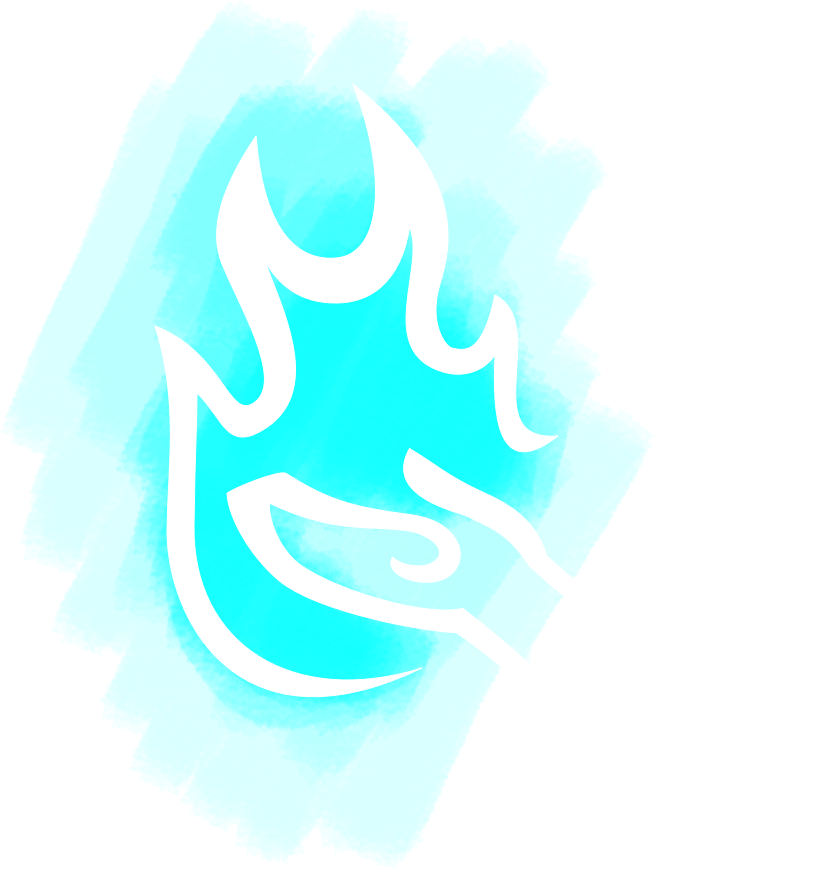I'm not going to put out a regular blog or anything, but occasionally I have a thought I'd like to share.
On Writing & Dictatorships - April 2025
On Writing & Dictatorships
April 2025
Several years ago, during Trump's first presidency while I was in grad school, I took a class called Fictions of Dictatorship, about the fictions that form around dictators and their regimes. On one level, of course, this meant literary fiction that's concerned with dictatorship, novels like 1984, The Brief Wondrous Life of Oscar Wao, or Irrawaddy Tango. But on another level, it was about the fictions that dictators construct around themselves and impose on their nations, distortions and denials of reality achieved through censorship, propaganda, and the disappearance of those who say otherwise.
There's a particular relationship, I learned, that dictators often have with writers, because in a way, they're involved in the same work: the work of creating worlds. Writers do this through proliferation, imagining and sharing new worlds with the power to leap from page to mind to reality. Dictators do it through suppression, limiting what appears on the page in hope of limiting what occurs in the mind and thus what can be reality, and they can't afford competition. So writers are always among those targeted and disappeared.
This was unsettling to learn as a young writer. I hadn't published any fiction yet, but I had been writing stories all my life, and those stories had been growing ever more political.
I know it might seem egotistical to rank myself with writers like Orwell or Díaz, or even lesser-known writers like Law-Yone. Who am I? Even now, I've barely published anything; I have no following or fandom; and while I am proud of some of what I've written, I hardly expect any of it to change the world. But the thing is, I don't have to be at the same level as Orwell to be a threat to a dictatorship.
The monopoly on ideas and worlds that dictatorships need to survive is a fragile thing to maintain. Human minds aren't built for it. Our minds are built for many and changing worlds: for uncertainties and hypotheticals, pasts and futures, what ifs and if onlys and can you imagines, entire ecosystems of worlds other than the immediate here and now we experience. To monopolize worlds, to try to landscape the human mind into an invasive monoculture lawn consisting only of a tyrant's dictates, goes against the very grain of human nature, because we are forests. We are, innately and enduringly, smart and creative and visionary.
For a dictatorship to maintain its monopoly on worlds, it must be absolute. And don't take that absoluteness as a mark of competence—it is, rather, the mark of insecurity. Nothing less than a constant flood of propaganda and manipulation could keep the soils of our minds so poisoned that their monoculture dictates might take root. No other world that blooms in the cracks is too small to be a threat to them, and no threat is too small to be weeded out. No writer or protester or average person just trying to live their life is too small to be disappeared, and whatever privileges we may have had in life thus far won't protect us.
I'm afraid, not because I think myself great enough to be a target, but because I know I'm small enough to be an easy one. But I also know that we, collectively, are overflowing with brilliance and creativity and vision, and there's nothing they fear more than that we use it.
So let's use it.
Let's keep writing, or protesting, or making art, or whatever it is we each do, because however small it seems, we are creating worlds. Let's make our worlds the uncountable, unkillable weeds that remember the landscape before they came and revive it when, inevitably, they are gone.
© Riley Neither
